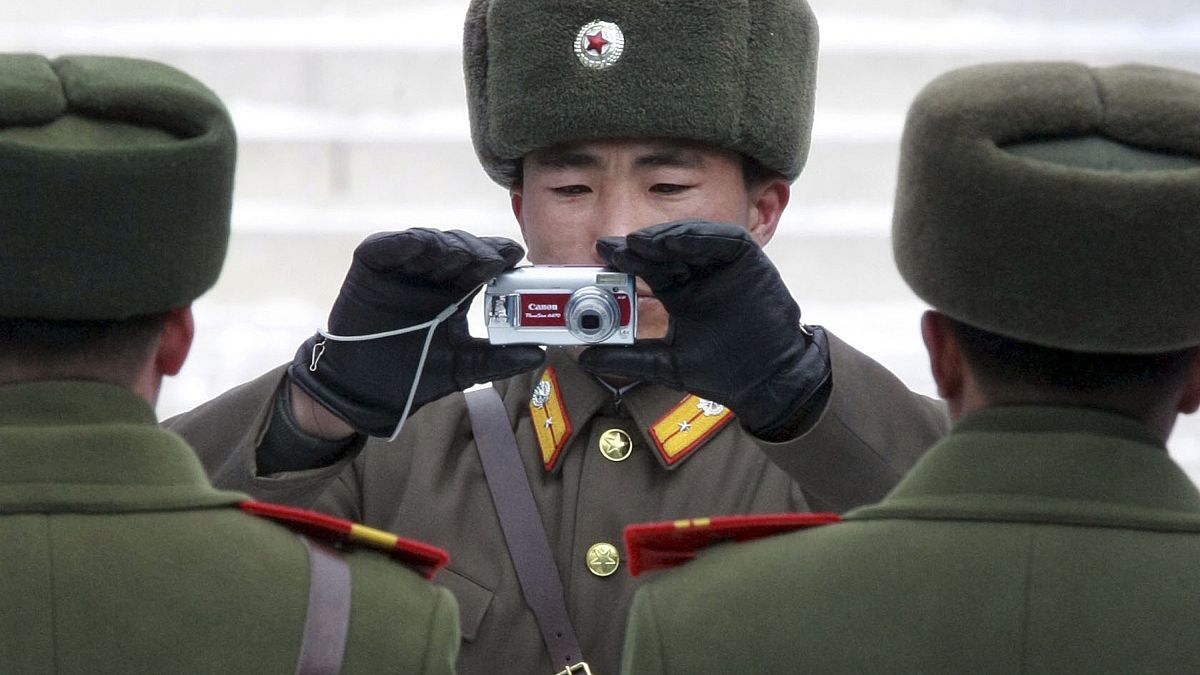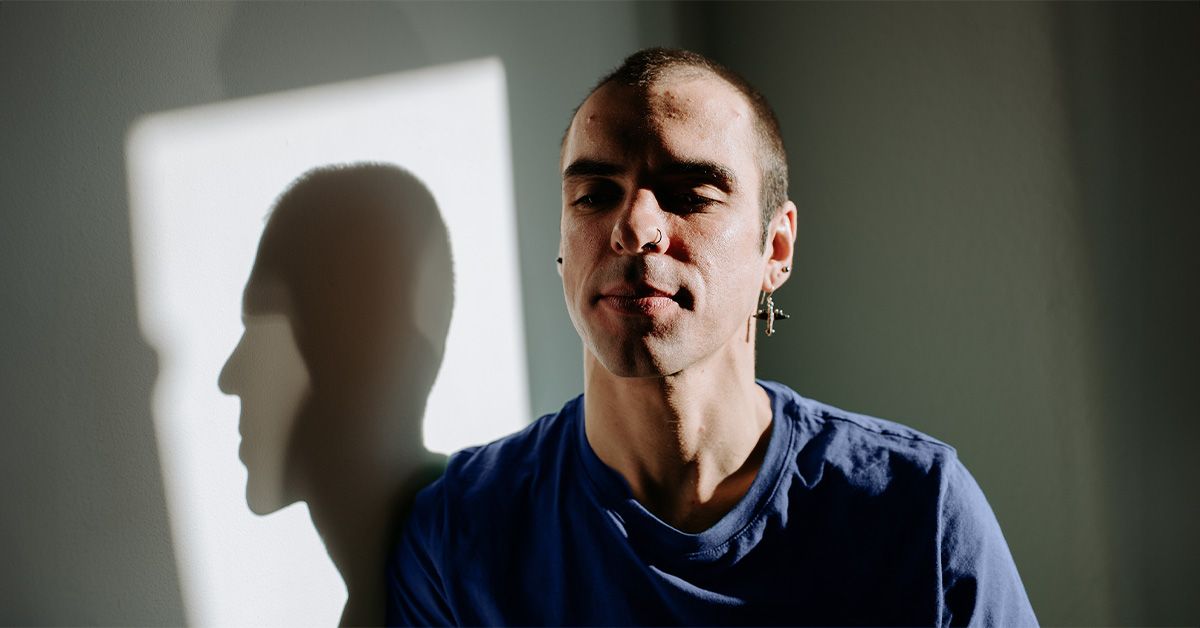Welcome to Start TODAY. Sign up for our Start TODAY newsletter to receive daily inspiration sent to your inbox — and join us on Instagram!
One of the major appeals of running a race like a marathon is the elusive runner’s high. One person may achieve the relaxed state of euphoria while jogging down a street in their neighborhood, while another needs the thrill of a race to feel the “high.” For many runners though, this sought-after flood of endorphins is sweetest after running especially long distances, be it a 10K, a half marathon or a marathon.
Here’s what to know about running a marathon, training and estimating how long it will take you.
What is a marathon?
A marathon is a 26.2 mile (or 42 km) race that’s usually run along roads or walkways, but may also go through busy cities, along popular beach trails or over hilly or mountainous terrain.
Every year, tens of thousands of people sign up for top marathons, such as the New York City Marathon, the London Marathon, the Lisbon Marathon in Portugal, the Marathon du Médoc in France, the Berlin Marathon in Germany or the Boston Marathon in Massachusetts.
The New York City Marathon and the London Marathon are considered the world’s largest marathons with about 47,700 and 48,000 finishers respectively each year. Entry to these popular marathons relies heavily on a lottery system, making them hard to get into. But running a certain time in another marathon first serves as guaranteed entry to these sought-after races.
What are the benefits of marathon running?
Long-distance running has many physical and mental health benefits, including improved cardiovascular health, increased lung function, strengthened muscles, increased metabolism, stress reduction, improved immune function, weight management and a decreased risk of chronic disease, according to Austin “Ozzie” Gontang, a licensed psychotherapist and the director of the San Diego Marathon Clinic. He has completed 88 marathons and tells TODAY.com he’s experienced many such benefits firsthand.
Michael Fredericson, a practicing physician and director of the Physical Medicine and Rehabilitation division of Stanford University, tells TODAY.com that long-distance running is unique from other forms of cardio as it strengthens muscle fibers, “which makes your muscles increasingly fatigue-resistant,” he says.
He adds that research also shows that first-time marathoners “experience beneficial reductions in blood pressure and aortic stiffness equivalent to approximately a four-year decrease in vascular age.”
How long is a marathon?
A marathon is always measured by the same distance: 26.2 miles, or 42.195 kilometers, though no one seems to agree on where this exact number originated.
The first modern Olympic Games in Athens in 1896 was 23.6 miles, and the distance varied when the subsequent Summer Olympics were held in Paris in 1900 and in St. Louis in 1904.
Things changed, however, when London hosted the games in 1908 and designed their marathon to start at Windsor Castle and finish at the Olympic Stadium’s Royal Box — a distance of 26.2 miles.
Although that didn’t immediately establish an official distance for future Olympic marathon races, that event experienced a lot of notoriety, and by 1921, the International Amateur Athletic Federation standardized the marathon distance as 26.2 miles. That has been the official marathon length ever since.
Competing in a marathon is often considered a top achievement for runners. Still, because so many people have accomplished it, Gontang says some athletes now seek to distinguish themselves by running multiple marathons, qualifying for ones that are especially hard to get into (like Boston), or by ultra running — running longer than 26.2 miles (most ultras are 50-100 miles). Some ultras are so long they span multiple days, including one of the longest in the world: a 3,100-mile foot race that the Wall Street Journal notes takes 52 days to complete.
How long does it take to run a marathon?
For first-time marathon runners, “the goal is often just to finish the race,” says Julie Pohlad, a sports medicine physical therapist at Mayo Clinic in Arizona. For those running competitively, however, it can be beneficial to calculate how long it takes to run a marathon.
While Gontang says marathon times vary widely “based on an individual’s fitness level, training, age, gender, weather conditions, the course’s difficulty and many other factors,” he explains that most elite runners, such as Olympians, usually complete a marathon in a little over two hours. Competitive runners typically take between 2:30 and 3:30, and recreational runners take between four and six hours to complete the distance. The six or seven-hour mark are often the cut-off times for most marathons.
“Overall, the average time to finish a marathon is 4:30,” says Pohlad. She adds that women average 4:45, and men average 4:20.
The world marathon record for men was set by Eliud Kipchoge of Kenya at the 2022 Berlin Marathon, where he completed the full distance in just 2:01:09. Then, Kelvin Kiptum of Kenya beat that record in 2023 at the Chicago Marathon, running it in 2:00:35
The world record for women was previously shared by Brigid Kosgei at the 2019 Chicago Marathon and Mary Keitany at the 2017 London Marathon. While Keitany completed the distance in 2:17:01 and Kosgei finished in 2:14:04, the record was accepted by both women because Kosgei’s race consisted of both men and women, and Keitany earned hers at a women-only event.
Both records were very recently beaten, however, as Tigst Assefa of Ethiopia completed the Berlin Marathon on Sept. 24, 2023, with a time of 2:11:53.
How to estimate your marathon time
Different runners use different methods to estimate their marathon times. Gontang recommends measuring one’s baseline performance by running a shorter race first. “This provides a recent performance metric,” he says. From there, one can use any number of formulas or prediction calculators to estimate their average marathon time.
He says the most popular formula was developed by research engineer Pete Riegel and follows this equation: T2=T1×(D2/D1)1.06T2=T1×(D2/D1)1.06.
In this formula, T1 = time for the known distance, D1 = overall distance of the completed race, D2 = distance for which you want to predict the time and T2 = predicted time for D2.
Gontang explains it like this: “If you’ve run a half-marathon (21.1 km) in 1:45 and you want to predict your marathon time (42.2 km), plug in the numbers: T2=105×(42.2/21.1)1.06T2=105×(42.2/21.1)1.06 and it will leave you with an estimated marathon time of approximately 3:42:30.”
An easier way to do this is to multiply how long it takes to run a single mile and then calculate that pace over the distance of a marathon. For example, if you run a mile in seven minutes and 30 seconds, then the full 26.2 miles should take around 3:16:38, explains David Herzberg, a physical therapist and owner of Launch Physical Therapy and Sports Performance Center in Phoenix. He adds that such a formula requires you to maintain a similar speed and tempo for 26 miles, however.
Also, consider any known injuries or physical limitations, any parts of the course that may be especially difficult for you, and how much time you’re able to commit to preparation and training before the event.
“At the end of the day, a pace predictor is helpful to establish a goal time,” Pohlad, says. “But remember that each marathon you run is different, so it’s just as important to know your body and how your body feels when running.”
Fredericson adds that it’s important to account for age. “Numerous studies have shown that runners gradually lose their speed and running capabilities after age 40,” he says, so it’s important to take that into consideration when estimating performance time.
Want to run a marathon? How to get started
If the idea of running a marathon excites you, the experts have some great tips to get you started along with some good reminders for experienced runners. Gontang suggests investing in proper gear, establishing clear goals from the get-go, and training with both running and a range of resistance training workouts to keep all your muscles and joints strong. “This will reduce the risk of running-specific injuries,” he says.
Pohlad echoes that even mild injuries can manifest as a problem later if not properly dealt with. “It is recommended to do a checkup with your doctor or see a physical therapist if you have any prior injuries before beginning a running program,” she advises.
Marathon and ultra-marathon runner Steve Vrska recommends starting gradually before trying to take on a full marathon. “Work on gradually building the mileage that you do for shorter distances each week, as well as your long runs,” he says. From there, you can try out shorter races like a 5K, 10K or half marathon as you build up endurance levels. He also recommends finding a local running group on social media or at a local running store. Fellow runners, he says, are great at providing motivation, and they’re “happy to share their knowledge and experience with you.”
Once you’re ready to commit to a marathon, Herzberg stresses the importance of training at least 16 to 20 weeks before the marathon date to “properly condition your body for the long distance.” He also suggests planning for proper nutritional needs and getting plenty of water. Fredericson says such training can be helped “by working with a coach or by following a structured and slowly progressive marathon training program.”
Pohlad recommends preparing mentally as well. “Marathons are not only tough physically but mentally, and being prepared for the tough mental part of the race is key, whether it’s at the half-marathon mark or the 22-mile point,” she says. “There is always a hard part of the marathon, so be ready for it.”
Read the full article here
















